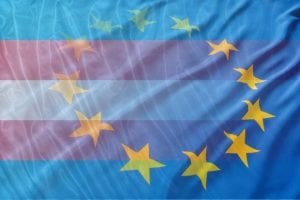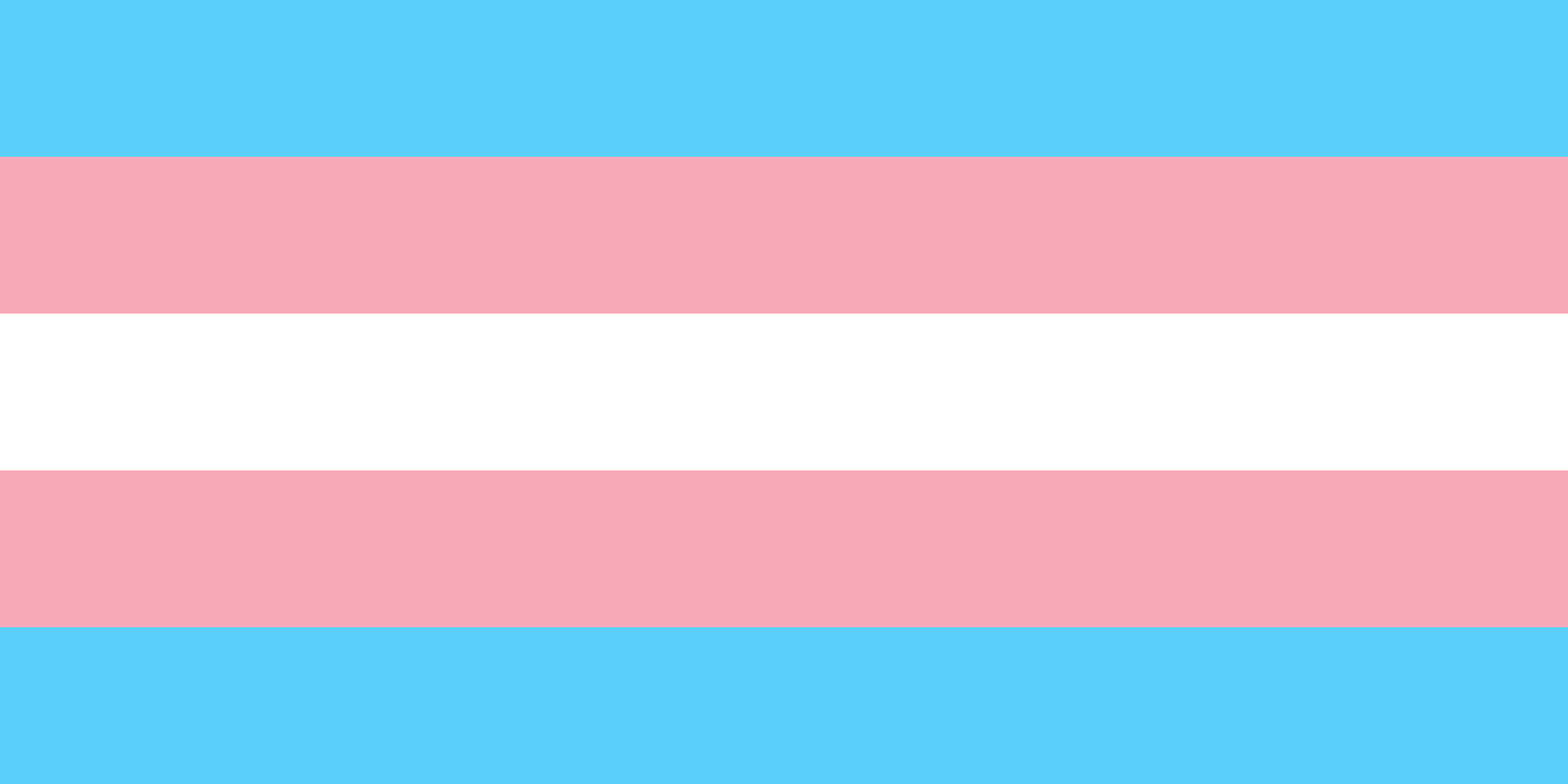By Dr Peter Dunne, Lecturer in Law (University of Bristol Law School) and Dr Marjolein van den Brink, Assistant Professor (University of Utrecht).
*This blog post reflects the views of the authors alone. The blog has not been approved by, and should not be understood as the opinion of, the European Commission or European Network of Legal Experts in Gender Equality and Non-Discrimination*

On 20 November 2018, to mark the Transgender Day of Remembrance, the European Commission (DG Justice and Consumers) published a new survey on transgender (trans) and intersex equality rights. The report – entitled Trans and intersex equality rights in Europe – a comparative analysis (‘the Report’) – was co-authored by Peter Dunne (Bristol Law School) and Marjolein van den Brink (University of Utrecht). It considers the existence (or lack thereof) of gender recognition and non-discrimination guarantees for trans and intersex populations in 28 European Union and three European Free Trade Association countries (EFTA).
At a moment when gender rights are the subject of intense political and media debate in the United Kingdom, the Report is a timely reminder of the real, substantive inequalities which transgender and intersex communities experience on a daily basis. While the Report evidences some welcome progress in the spheres of gender identity, gender expression and sex characteristics, it reinforces existing research (e.g. here, here) showing that – both de jure and de facto – trans and intersex individuals experience less secure protection than cisgender peers and persons who do not experience intersex variance. (more…)

